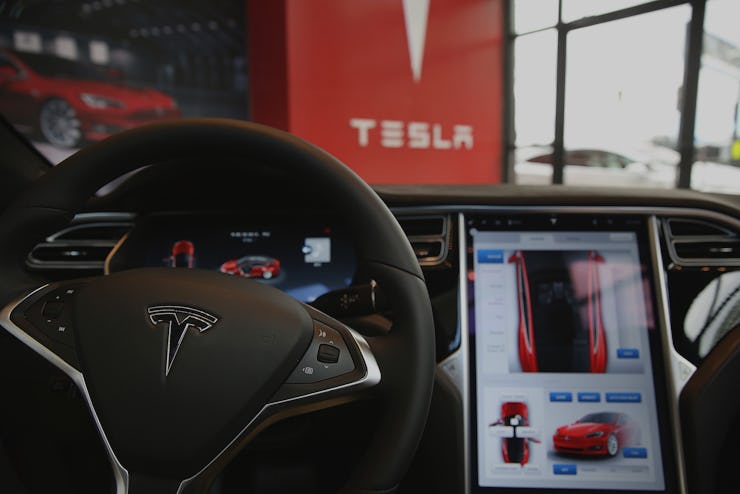Want Cheaper Car Insurance? Switch on Tesla Autopilot

Insurance company Root has jumped on Tesla Autopilot’s self-driving bandwagon, gambling that the semi-autonomous technology will make drivers safer. The company recently rolled out a new program that offers discounts to Tesla drivers that use their cars’ semi-autonomous driver assistance software. Proponents of autonomous vehicles like CEO Elon Musk have long touted the potential safety benefits of self-driving cars, and Root has now recognized these benefits by rewarding drivers.
“Self-driving cars are making our roads safer, and that means less risk and less expense for everyone,” Alex Timm, CEO of Root, said in a statement. “It’s only fair to pass those savings along to the customers who invest in those self-driving cars.”
Starting last week, Root customers can download a smartphone app and take a test drive over the course of two or three weeks. The app measures Autosteer-eligible miles driven during this period, and then offers a tiered discount depending on the end results.
In some ways, it’s not surprising. Musk has previously stated that Autopilot makes the Model S and Model X “by far the safest cars on the road,” as the combination of cameras and radars can spot risks far before the human eye can detect them. Root itself points to data from the National Highway Traffic Safety Administration that shows Tesla crash rates dropped 40 percent after Autopilot became available.
Tesla Autopilot offers a head-up display of how the car interprets the road.
Tesla has so far focused on an approach to full autonomy through gradual software updates. With an ultimate end goal of autonomous cross-country road trips by the end of the year, the company has been rolling out new software updates for Hardware 2 vehicles that slowly increases autonomy.
But the company may need to exercise caution, particularly if Autopilot’s software begins to creep into the territory of level three autonomy — a system in which the driver must pay close attention to the car’s functioning, but not actually do much of the driving. In an interview with Inverse, Ford’s chief autonomy engineer Jackie DiMarco said the company wanted to skip level three autonomy as it could place drivers in the awkward position of remaining alert at the wheel of a car essentially driving itself. Although Autopilot may have resulted in fewer crashes, and there’s reason to believe full autonomy would also make things safer, there’s the danger of a situation where drivers are lulled into believing its cars are more autonomous than they actually are, potentially reducing safety.